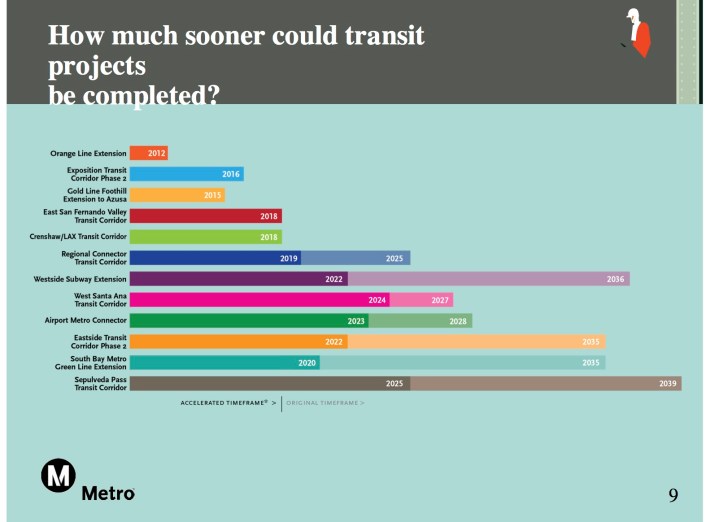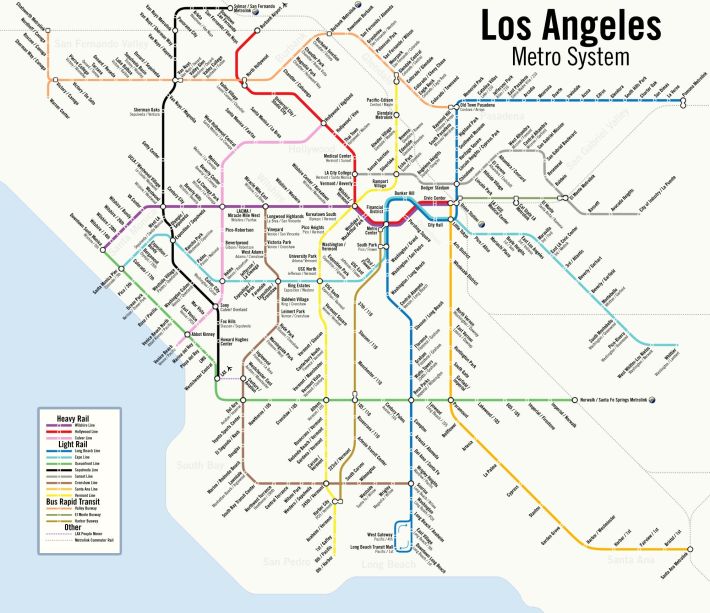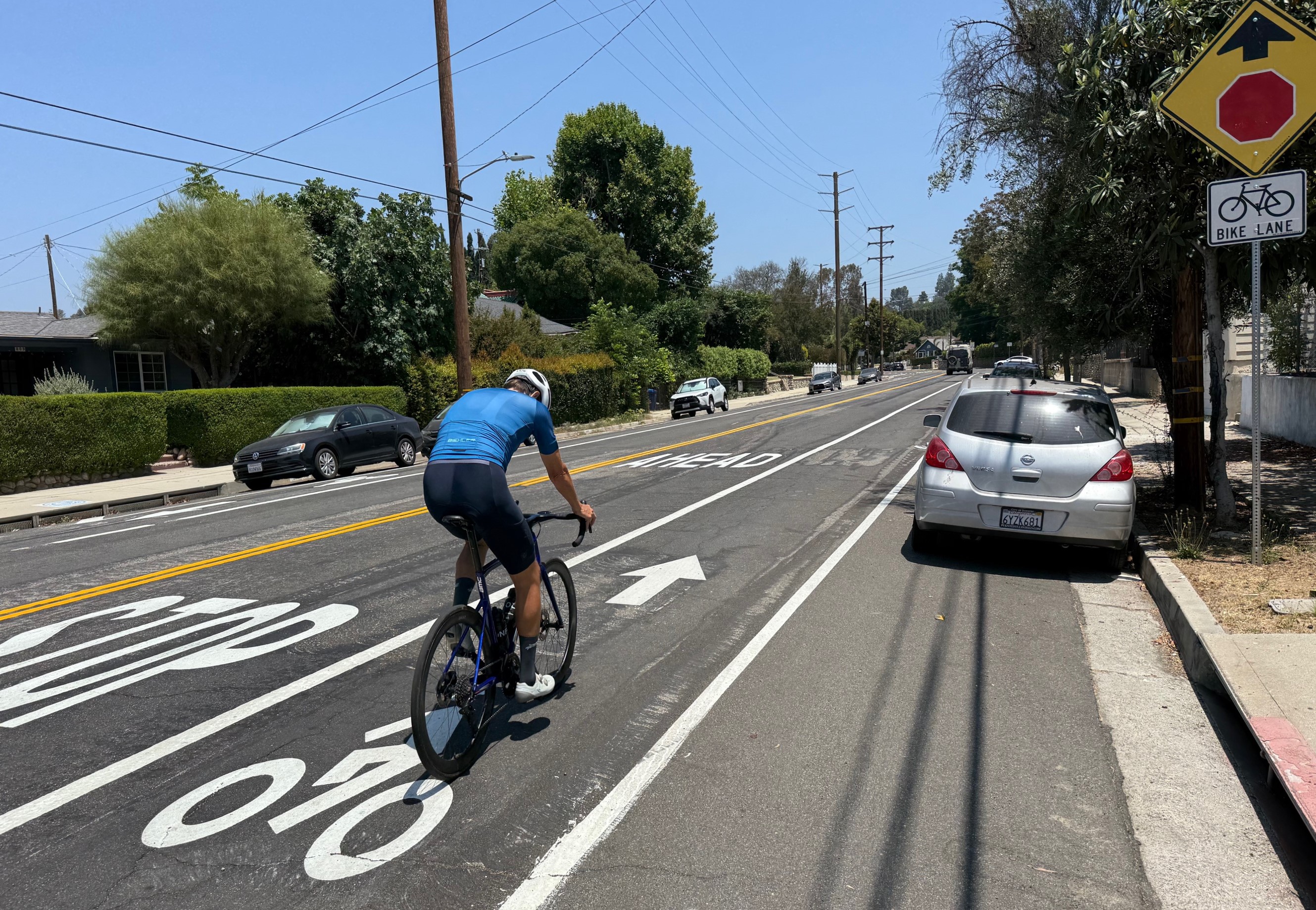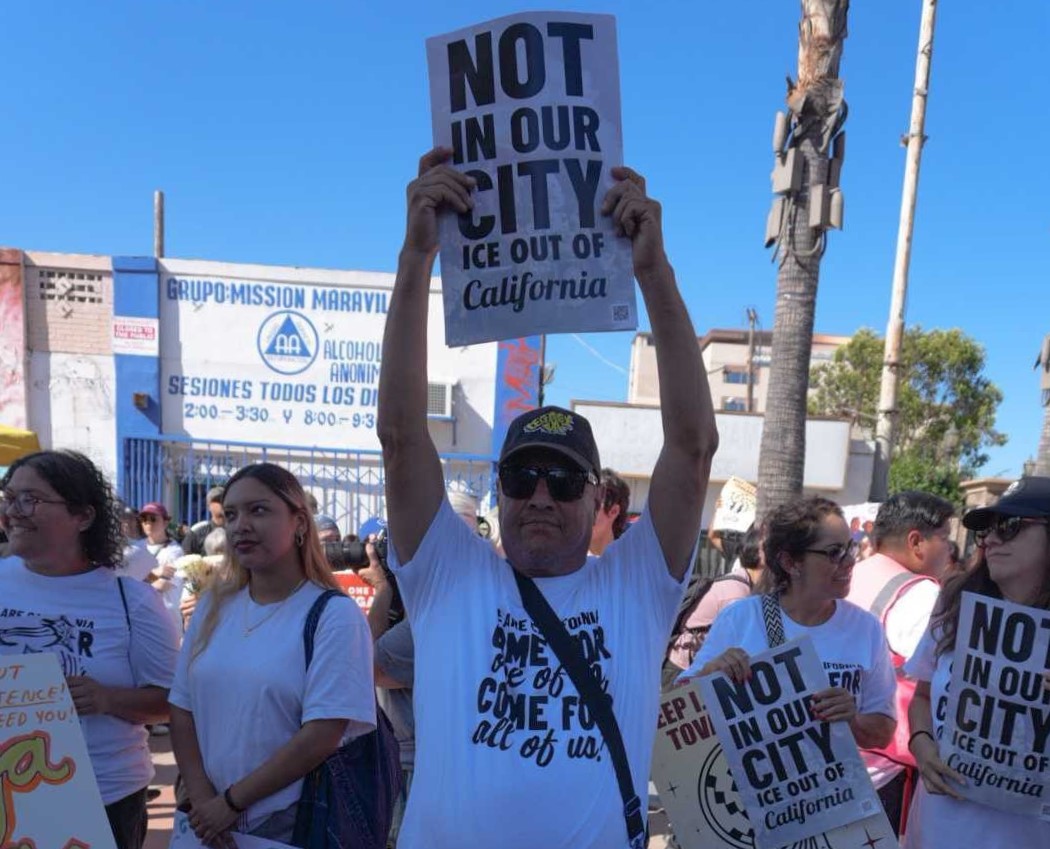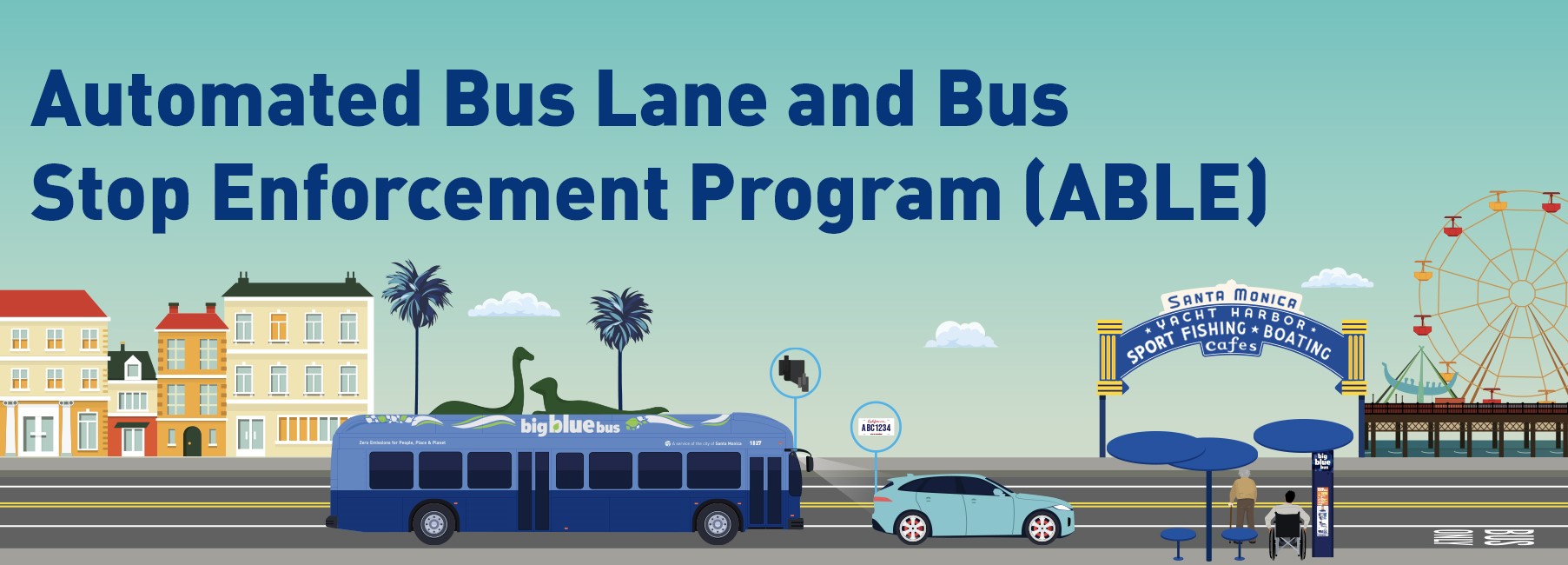The issue of whether or not Measure R+, our temporary name for a proposed ballot initiative to extend the 2008 transportation sales tax, will be on the fall ballot will be much clearer in a couple of days. The Metro Board of Directors will vote on whether or not to place the initative on the fall ballot this Thursday. The initiative still needs the approval of the State Senate and the Governor's office, but if the measure passes muster on Thursday, it will most likely go before the voters.
Whether the voters will pass it is another story. As in 2008, extending the sales tax would require a two-thirds vote of those voting. The 2008 ballot measure passed with 67.2%.
In other words, it barely passed.
While the coalition that worked to pass Measure R in 2008 is coming back together under the stewardship of Move L.A., the opposition to the transit tax extension already appears stronger than last time. The campaign for Measure R+ could have a tougher road to travel. The plan calls for no new projects, just a "speeded up" project schedule. In other words, if it matters to you whether the airport connector is completed in 2023 instead of 2028, then you'll likely support the project. If you wanted a Leimert Park Station for the Crenshaw Line, there's nothing in this proposal for you.
Leading the opposition is Supervisor, and soon-to-be Metro Board Chair, Mike Antonovich. The Supervisor famously compared the plan to "gang rape" of his constituents despite his Supervisor District receiving the lion's share of the highway funding portion of the sales tax. Antonovich voted against placing the initiative on the ballot in Committee.
Noting that rail transit generally requires a higher subsidy than bus transit, thus causing an overall increase in transit fares, the Bus Riders Union led the charge against Measure R four years ago. The civil rights group seems poised to repeat that role this time around.
"The original Measure R has offered nothing good to transit-dependent Black and Latino bus riders, who have seen close to one million hours of bus service cut and a 20% fare increase since it took effect in 2009," explains Barbara Lott Holland, Chair of Bus Riders Union. "Extending Measure R indefinitely will only accelerate the destruction of the bus system and the civil rights crisis that LA Metro now finds itself in, and will plummet the agency into a debt that the poor will be asked for pay through more fare increases and even deeper cuts to their service for decades into the future."
The Los Angeles Times puts voice to a fiscal argument that extending a sales tax indefinitely out into the future doesn't make a lot of fiscal sense long-term. What if the transit needs of the county change in the next fifty years, and voters are paying a tax for a completed transit system with no revenue going towards future expansion? Los Angeles Mayor Antonio Villaraigosa argues that these future voters will have the benefit of a completed transit system, but that argument could be a harder sell than the argument for any transit expansion made four years ago.
Another group that opposed the 2008 tax was a loose coalition of legislators and municipal governments in the San Gabriel Valley. These lawmakers gave perhaps the least articulate opposition demanding funds for a local project that was funded by Measure R at the same time they opposed the overall Measure. Getting more funds for the Alameda Corridor continues to be their top priority, and there is little opportunity to close the $260 million funding gap in Measure R+.
Bart Reed, executive director of The Transit Coalition, argues that the alliance of San Gabriel Valley politicians is missing the point. "It is really sad that the San Gabriel Valley refuses to understand a simple concept of just extending the measure and is attempting to seriously destroy the possibility of finishing the existing projects," Reed notes. Of the prospects of earning complete funding for the Alameda Corridor, "We probably need another 1/2 cent sales tax down the line to address the other project."
Which is not to say that nobody is supporting the project. As previously noted, Move L.A. still leads a coalition of labor, business, and environnmental groups supporting transit expansion in Greater Los Angeles. Dana Gabbard, a Board Member for the Southern California Transit Advocates and contributor to Streetsblog also makes the case that if Los Angeles wants to maximize its transit tax and complete projects earlier than planned, that we're on our own. Gabbard is speaking here for himself and not So.CA.TA. nor Streetsblog.
"Given the toxic atmosphere dominating the national political scene this may be the best option to move forward via bonding in the hopes of positioning us for when the obvious need for infrastructure investment eventually forces action at the federal level," Gabbard argues. "By already having projects moving forward we would at that juncture be very completive for whatever scheme our electeds in D.C. finally agree to. The parallels to the 1930s are obvious but currently masked by mindless ideology and (I suspect) venality/opportunism."
If the race to pass Measure R+ is tight, it could end up failing because of what Metro didn't do.
As in 2008, there is no set-aside for bicycle and pedestrian projects. The Los Angeles County Department of Public Health calculates a $40 billion need in the six county region for bicycle and pedestrian improvements. If L.A. County has one quarter fo that need, and based on the number of residents that is a conservative estimate, then it seems the height of folly to pass a $30 to $40 billion transportation funding plan that sets aside exactly $0 for bicycle and pedestrian funding. Especially when the measure calls for billions to go to the most dubious highway expansion projects imaginable: the 710 Big Dig, the High Desert Corridor, and the mammoth 710 widening in Long Beach.
But before battle lines are drawn over whether to pass the sales tax, the first step is whether or not to place it on the ballot. Thursday's Metro Board meeting could be just a small preview of the battle to come.
